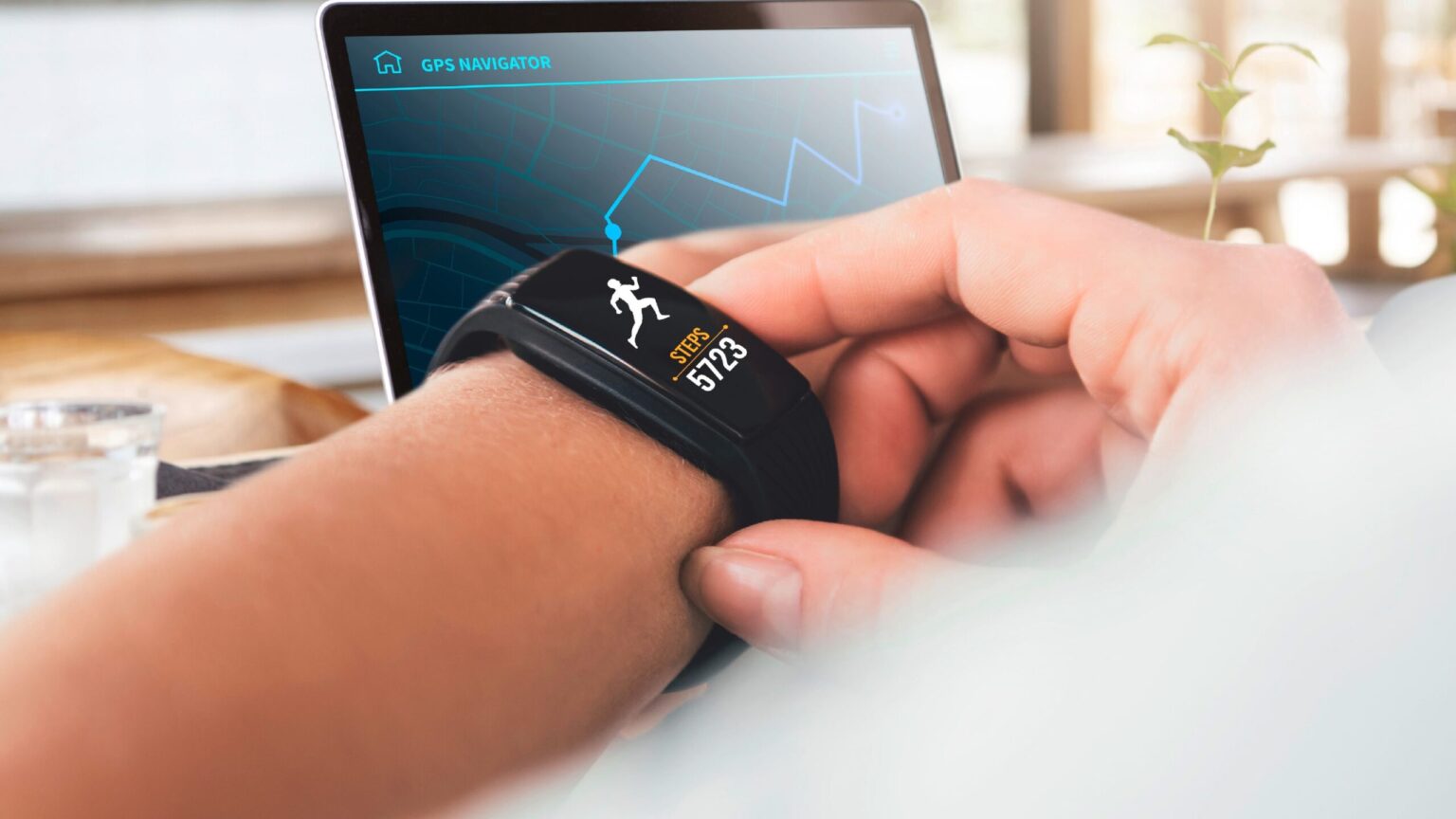Kuwait is experiencing a fitness revolution, and wearable devices are at the heart of it. From bustling malls to serene seaside promenades, more and more people are strapping on smartwatches, fitness bands, and heart‑rate monitors that transform everyday movement into meaningful progress. These sleek devices are reshaping mindsets, sparking motivation, and inspiring a healthier Kuwait one step at a time.
The Rise of Wearables in Kuwait
In recent years, wearable devices have become widely popular among Kuwaiti residents. They’re no longer niche tech gadgets they’re everyday companions. Whether you’re walking through Avenues Mall or jogging along the Cornice, it’s common to spot wrists adorned with smart rings, bands, or watches syncing activity and tracking progress in real time. These devices offer sleek design, intuitive apps, and easy integration with smartphones, making them accessible to all ages and lifestyles.
How Devices Encourage Consistent Activity
One of the most powerful features of wearables is their ability to gently nudge users toward more movement. Simple reminders like “Time to stand” or “You’ve been inactive for an hour” prompt subtle behaviour changes. Daily step goals and movement streaks cultivate friendly competition as users track routines and challenge themselves to beat prior records. The immediate feedback loop is motivating and fosters positive habits.

Insights That Inspire Smarter Choices
Rather than relying on guesswork, wearables deliver precise metrics: heart rate, sleep quality, calories burned, stress levels, and even blood-oxygen trends. These insights help users understand how their lifestyle choices impact performance. Want to sleep better? Track nightly patterns and adjust bedtime routines. Struggling with midday fatigue? Monitoring heart rate variability can reveal stress triggers. These data points empower users to make smarter decisions for mind and body.
Cultivating Community Through Challenges
People in Kuwait are turning individual tracking into shared motivation. Fitness apps connected to wearables often let users join groups, participate in challenges, and share achievements. Whether a group of friends aims for monthly step goals or coworkers compete in weekend fitness quests, these communal activities build camaraderie and accountability. You’re more likely to lace up your sneakers when friends even virtually are doing the same.
Personal Stories Lighting the Way
Real stories illustrate the trans formative power of wearables. One Kuwaiti mother of two discovered she walked over 5,000 fewer steps than usual when tracking her daily activity. Frustrated, she started small: a 15‑minute walk after dinner guided by her wearable. Weeks later she noticed improved sleep and more energy. Another young professional used real‑time stress‑tracking features to realise that certain midday snacks made him sluggish. Tweaking his diet and checking heart‑rate trends led to better focus and reduced afternoon fatigue.
Tailoring Wellness to Local Culture
Fitness wearables are adapting to Kuwait’s climate and culture. Many devices allow users to customise reminders around prayer times or Ramadan fasting schedules. Hydration alerts help manage intense heat, especially during summer. Activity suggestions often include indoor workouts or cooler time‑of‑day routines smart adjustments that respect local customs and conditions while empowering healthier habits.
Boosting Fitness Through Smart Goal‑Setting
Wearables let users set personalised goals based on age, lifestyle, and health needs. A retirement‑age Kuwaiti might aim for gentle movement and quality sleep, while a young adult might train for a 10K run using guided workouts. The flexibility to adapt goals like introducing mindfulness breathing prompts, postural reminders, or guided mobility exercises means wearables can support wellness at every age and stage of life.
More Than Steps: Holistic Well‑Being
While step counts are a familiar metric, modern devices go far deeper. Trackers now monitor sleep cycles and offer breathing exercises or mindfulness sessions. Stress‑level detection helps users pause and recharge. Even menstrual‑cycle tracking is available for women. This holistic approach aligns with local preferences for balanced well‑being not just weight loss or activity, but emotional resilience and restful nights.

Workplaces Embracing Wearables for Wellness
Some Kuwaiti companies are taking notice. Forward‑thinking employers are offering wearables or app‑based wellness programs as part of corporate initiatives. These programs use device data (securely and voluntarily shared) to reward employees for consistent activity, participation in healthy challenges, or achieving stress‑management milestones. The result: healthier teams, more camaraderie, and improved morale.
Overcoming Common Barriers
Despite growing interest, some challenges remain. Concerns about data privacy, cost, or technical ease-of-use can hold people back. Yet as devices become more affordable and user-friendly—and as data protection improves many Kuwaiti users are embracing wearables with confidence. Retailers and device manufacturers are also offering Arabic‑language support and local customer service, making adoption smoother.
Future Trends: Smart Clothing and AI Coaches
The future of wearable fitness in Kuwait holds exciting possibilities. We’re already seeing smart clothing with embedded sensors that monitor posture or muscle engagement. Meanwhile, integrated AI coaches can interpret trends and deliver tailored feedback like suggesting optimal workout times or rest periods based on personal history. As smart gyms and health‑tech hubs connect with wearable devices, fitness culture will become even more immersive and personalised.
A Ripple Effect on Health Culture
The adoption of wearables is doing more than tracking metrics it’s shifting mindsets. Kuwaitis are increasingly seeing health as a journey, not a destination. Conversations in cafés, family gatherings, and social media are now often centred around daily steps, sleep insights, or hydration targets. This ripple effect empowers more people to think proactively about their well‑being.
Final Thoughts: Empowering Everyday Transformation
Wearable devices are doing more than counting steps in Kuwait they’re humanising fitness, connecting people, and offering daily insight. They turn small choices into measurable progress, blending tech and tradition, habits and health. In urban walks, family outings, or quiet fitness moments, these devices remind users that every heartbeat, breath, and step matters. And as more Kuwaitis embrace smart wearables, fitness culture continues to evolve from intention to action, from awareness to achievement.
By merging advanced sensing with empathetic guidance, wearables are helping Kuwait build a healthier culture one informed decision at a time.
Do follow Gulf Magazine on Instagram.
Also Read – Revolutionary Tech Powered Co working Spaces Transforming Muscat Today



